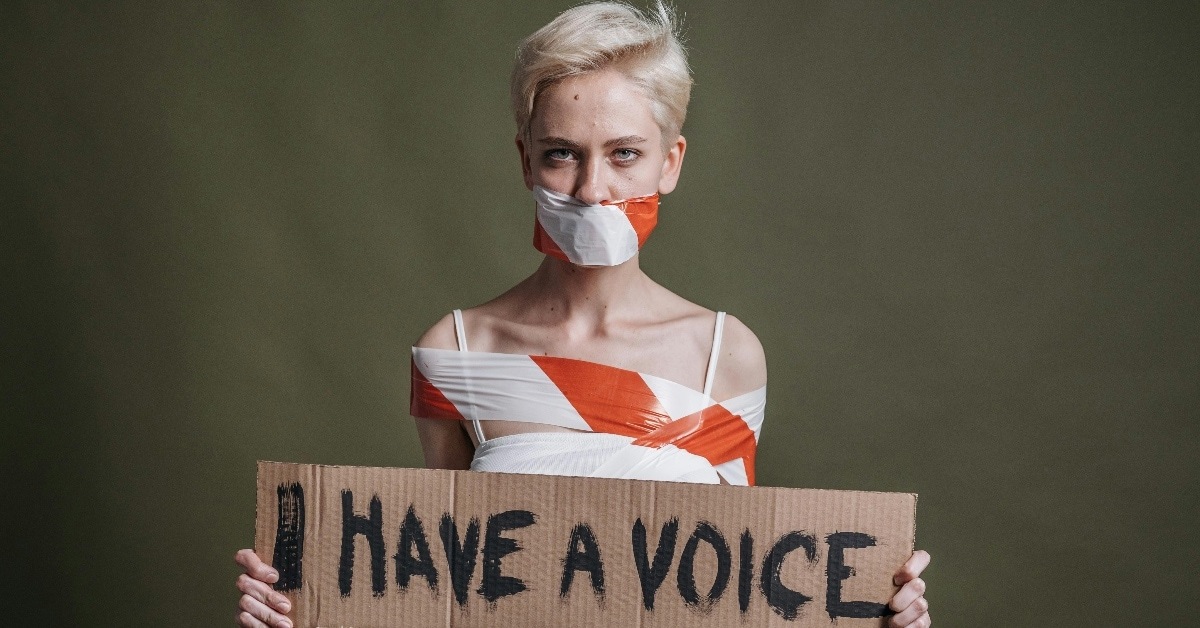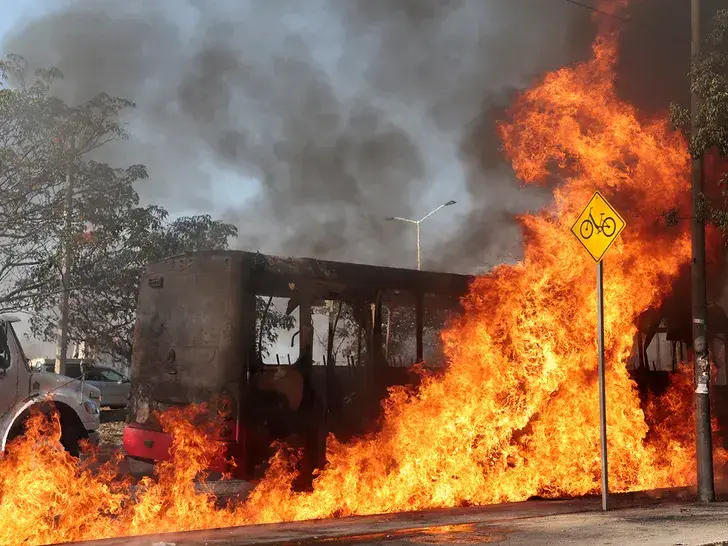BY: Kara Johnson
Published 11 months ago

Since taking office, President Donald Trump’s administration has consistently prioritized conservative ideologies across various policy areas. This approach has manifested in significant shifts in healthcare, immigration, and LGBTQ+ rights, often sparking controversy and debate. A notable example is the administration’s decision to disband the Presidential Advisory Council on HIV/AIDS (PACHA), a move that has raised alarms among public health experts and advocates.
Established in 1995 by President Bill Clinton, PACHA was created to guide the nation’s response to the HIV/AIDS epidemic. Over the years, it has played a crucial role in shaping policies and programs aimed at prevention, treatment, and care for those affected by HIV/AIDS. The council’s dissolution in 2025 marks a significant departure from this longstanding commitment, reflecting the administration’s broader trend of reshaping federal advisory bodies to align with its conservative agenda.
Trump Administration Overhauls HIV/AIDS Council

On Apr. 9, 2024, the Trump administration shared plans to dismiss members of the Presidential Advisory Council on HIV/AIDS (PACHA) as part of a broader restructuring of federal health agencies. This move has sparked widespread concern among public health experts and advocates who fear it may undermine efforts to combat the HIV/AIDS epidemic.
Health Agency Layoffs and Program Eliminations
Per Reuters, the forthcoming dismissal of PACHA members coincides with sweeping layoffs across the Department of Health and Human Services (HHS), where approximately 10,000 employees have been terminated. These cuts have affected key divisions, including the Office of Infectious Disease and HIV/AIDS Policy, and several branches within the Centers for Disease Control and Prevention’s HIV prevention division.
Notably, the administration has also eliminated the position of PACHA’s Executive Director and closed five branches within the CDC’s HIV prevention division, resulting in the dismissal of about 150 staff members. These actions have raised alarms about the federal government’s capacity to manage and respond to the ongoing HIV/AIDS crisis effectively.
Uncertainty Surrounds Future of HIV/AIDS Policy

The decision to remove all PACHA members is not without precedent. In 2017, the Trump administration similarly dismissed the remaining council members, following the resignation of six members who cited the administration’s lack of attention to the HIV/AIDS crisis as their reason for stepping down. At that time, the administration stated its intent to bring in new voices, though critics argued that the move undermined the council’s effectiveness and continuity.
While the administration has indicated plans to establish a new “Administration for a Healthy America” with an HIV/AIDS division, details remain scarce, and no timeline has been provided for appointing new PACHA members. The lack of transparency and immediate replacements has led to concerns about a potential vacuum in national HIV/AIDS policy leadership.
Carl Schmid, a former PACHA co-chair, expressed alarm to Reuters over the developments, stating that U.S. HIV policy is now in “crisis mode”. Advocates worry that the administration’s actions may reverse progress made in recent years, including a reported 12% reduction in new HIV infections from 2018 to 2022 under the PACHA-supported “Ending the HIV Epidemic” initiative.
Implications for Public Health
The Trump administration’s decision to dismantle PACHA and implement extensive health agency cuts represents a significant departure from previous federal efforts to address the HIV/AIDS epidemic. Public health experts caution that these actions may hinder the nation’s ability to effectively prevent and treat HIV/AIDS, particularly among marginalized communities disproportionately affected by the disease.
As the administration moves forward with its restructuring plans, stakeholders emphasize the importance of maintaining a science-based, inclusive approach to HIV/AIDS policy. The future of national efforts to combat HIV/AIDS now hinges on the administration’s commitment to restoring expert advisory bodies and ensuring adequate resources for prevention and treatment programs.
How do you feel about the Trump administration dismissing the remaining members of the Presidential Advisory Council on HIV/AIDS (PACHA)? Let us know your thoughts in the comments below.










